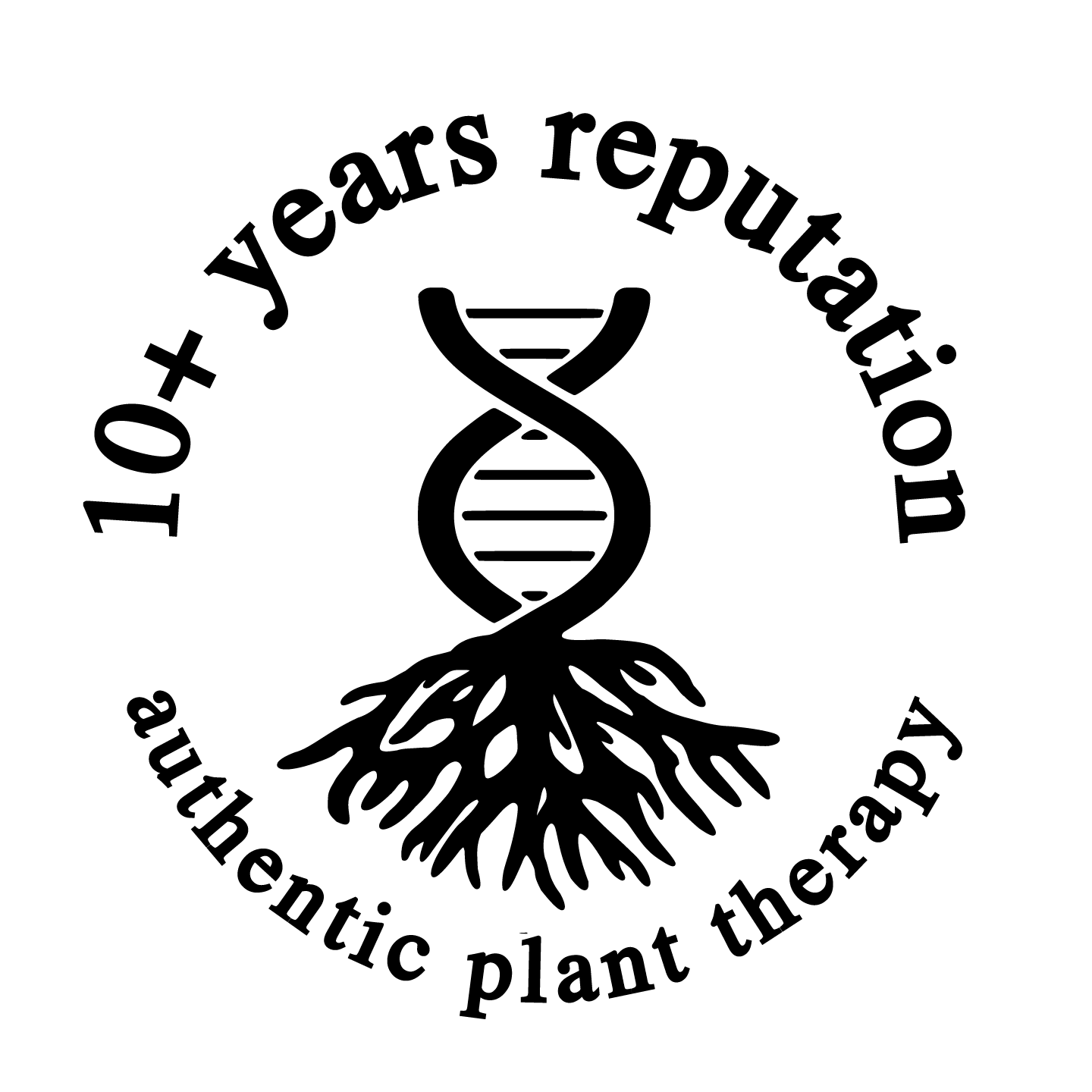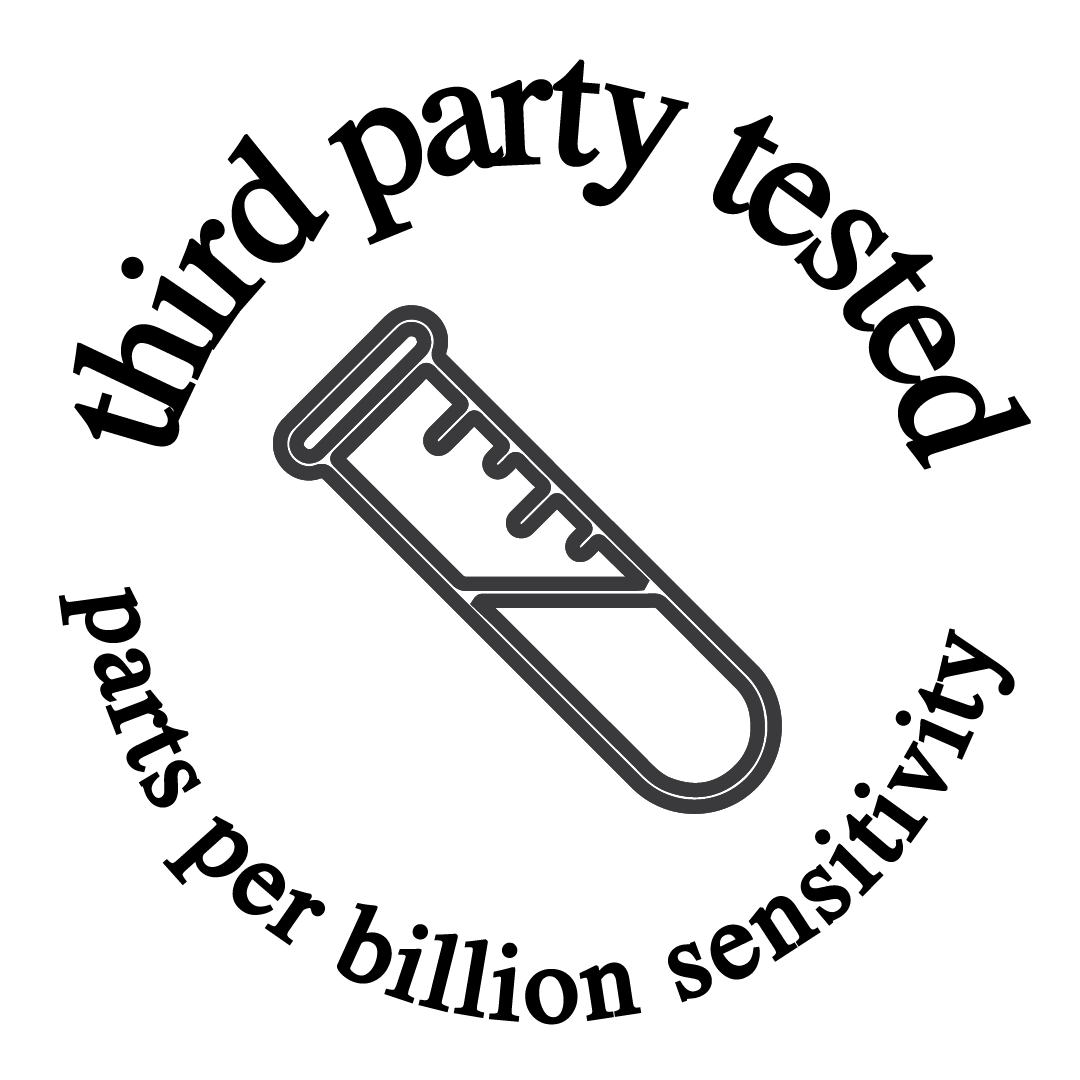read time: 5 minutes or less
coffee + stress.
table of contents.
- intro.
- caffeine in the body - chronic stress
- maladaptive resource allocation
- your body on coffee.
- how coffee puts you in a state of fight or flight
- caffeine's effect on the gi tract
- more reactive than proactive
- the vicious cycle
- you're not getting quality sleep
- what to do about it.
- cut back
- alternative energy sources
- adaptive cacao
how caffeine works.
caffeine has become such a daily part of our lives, we usually don’t think twice about pouring a second cup. we have even conned ourselves into believing that that second and third cup (and fourth and fifth) is necessary to keep blasting through the day on high.
what you may not realize is that coffee is contributing to that chronic stress that constant stimulation is feeding. it pushes you further into the sympathetic nervous system and leads to the dreaded maladaptive resource allocation where the body is putting energy into surviving and not towards critical systems like your immune system and brain plasticity.
although coffee can be a wonderful thing, finding alternatives will benefit your stress levels and overall physiological processes in the long run — leading to a healthier you.
as you take your first couple sips of coffee in the morning, what's happening when the caffeine hits your system?
first, those psychoactive caffeine compounds are going to block adenosine receptors in the brain. adenosine is the by-product of atp (an energy molecule) and is the brain’s way of knowing you have burned through lots of energy and are therefore tired. this process is a part of the circadian rhythm, which is following those external and internal cues.
at the beginning of the day, you naturally haven’t used up as much energy. when the caffeine finally frees up the adenosine receptors late morning, you aren’t going to feel totally burnt out as there is only a small build-up of adenosine in the brain.
you reach for a second cup to give you a boost. the crash comes around 3 pm and your adenosine count is looking quite a bit larger than at the last check-in. the exhaustion hits all at once and you’re toast.
this is an important note for keeping our sleep-wake cycle in mind when it comes to caffeine. if we aren’t careful, those extra cups can throw a real wrench in our sleep plans.
back to the brain.
caffeine also releases a neurotransmitter called dopamine, which is responsible for the sensations of reward, motivation and euphoria. when caffeine is ingested, dopamine is released in the brain’s prefrontal cortex. this area of the brain is where functions such as thinking, planning and judgement take place — the recently evolved high-order brain functions.
dopamine’s effect on this area of the brain results in higher productivity levels and a heightened mood. along with dopamine levels, heart rate shoots up, an increase of adrenaline and cortisol (the stress hormone) is released, attention and memory become sharper, and even our vision is enhanced.
do these symptoms sound familiar?
the reason these physiological reactions to coffee sound so familiar is because caffeine is a stimulant that can push your body into fight or flight mode. while sometimes effective, when you are already experiencing this mode from chronic stress, the brain and body begin to suffer. as your body constantly accelerates the use of your energy reserves via commands from the sympathetic nervous system, the caffeine crashes that you feel start to become more frequent and intense.
as a result, the brain starts to create more adenosine receptors in response to the caffeine hijack, creating a segway into tolerance and the need for more coffee to get the same energetic effect. sleep becomes a distant thought and our highly-important systems (immune, tissue repair, memory) truly suffer without this crucial rest, repair and rejuvenate time.
heading into the stomach, due to caffeine’s stimulating properties, the movements in the gastrointestinal tract (peristalsis) are increased. and because levels of cortisol are higher, appetite is suppressed. this effect propels any food through your digestive system rather quickly. for some people, coffee may be supportive for morning bowel movements. for others, it may result in cramps and pain if too much caffeine is ingested.
along with increased movement, caffeine itself is acidic and increases the production of bile produced by the liver and gallbladder. too much acid can be detrimental to the stomach lining and has been known to promote gastro-oesophageal reflux or acid reflux.
what to do.
if this all sounds like a vicious cycle, you’re right. extreme exhaustion and stress have you reaching for that same cup of caffeine in the morning to feel more awake, and we start the circus all over again.
the solution? cutting back on the reliance.
having a cup of coffee, or your caffeine of choice in the morning is absolutely fine. keep it before noon and the body will be able to regulate towards the end of the day, creating time to activate the parasympathetic nervous system or ‘rest and digest’ mode. cutting out caffeine altogether is the golden castle in the sky.
clean energy.
when you feed your body healthy, clean energy, such as ingredients found in our adaptive cacao, you start to see a shift in your response to stress and a leveling out of available energy.
these ingredients, such as reishi, cordyceps, and lion’s mane balance out the adrenals, causing them to pump out less cortisol and decreasing overall anxiety and depression. you become less reactive and free up more space for the creative and analyzing parts of the brain to do their job.
with less energetic focus on the sympathetic nervous system, we start to see the focus on processes like nutrient absorption, neurogenesis and tissue repair.
finding an alternative to coffee/caffeine or cutting down can seem daunting, but if you experience high levels of stress (and other symptoms, as most do) it’s important to listen to your body.
it may take a bit of time, but awareness and proactivity will overall create a higher functioning body and brain. and you’ll be the one to benefit.
definitions.
dopamine.
dopamine is an endogenous neurotransmitter and non-neuronal (non-brain tissue) agent. it is responsible for motivation, reward-related learning and support with motor functions. evidence has shown that dopamine is also relevant in pair bonding (social, intimate and reproductive). after caffeine ingestion, dopamine becomes released in the nucleus accumbens and the prefrontal cortex. in addition, you can also find dopamine in the kidney, pancreas, lungs and some blood vessels.
when dopamine releases in the nucleus accumbens, organisms can overcome obstacles to reach a stimulus (food). in some studies, nucleus accumbens dopamine becomes released during mating, possibly leading to a case where dopamine is responsible for bonding.
pharmacology + pharmacokinetics of caffeine.
caffeine is a plant alkaloid and a bitter white powder in its purest form. its most significant action is stimulating the central nervous system (cns). effects include release of dopamine, increased heart rate and release of adrenaline + cortisol, sharper attention and memory, enhanced vision, increased heart rate, and decreased motor reaction.
the average cup of coffee (~8 oz) contains anywhere from 80 - 100 mg of caffeine. up to 400 mg of caffeine/day is considered safe for adults.
when caffeine is orally ingested, it is completely (100%) and quickly absorbed from the gastrointestinal tract. in 30-60 minutes the caffeine will reach peak blood levels and cross over the blood-brain barrier. effects of caffeine (see pharmacology) will last anywhere from ~3-5 hours depending on the physiological constitution of the person.
caffeine metabolism can be affected by smoking, altitude, the use of oral contraception and obesity.
maladaptive resource allocation.
the body's process in which valuable energy resources are diverted away from crucial biological processes (immune system, digestion, detoxification, neurogenesis, etc.) in order to fuel the fight-or-flight response that is triggered by the sympathetic nervous system. this maladaptive resource allocation happens overtime when the body and brain are chronically stressed as energy is consistently being utilized to support processes like increased heart rate and breathing, muscle strength, heightened vision, and a shift towards the instinctive, reactive part of the brain. overtime, there is massive imbalance in the body as homeostasis is constantly being disrupted by the stress response.
references.
- lovallo, w. r., whitsett, t. l., al'absi, m., sung, b. h., vincent, a. s., & wilson, m. f. (2005). caffeine stimulation of cortisol secretion across the waking hours in relation to caffeine intake levels. psychosomatic medicine, 67(5), 734–739.
- alasmari f. (2020). caffeine induces neurobehavioral effects through modulating neurotransmitters. saudi pharmaceutical journal : spj : the official publication of the saudi pharmaceutical society, 28(4), 445–451.
JOIN OUR MAILING LIST.
join our botanical crew and enjoy 15% off your first order.





